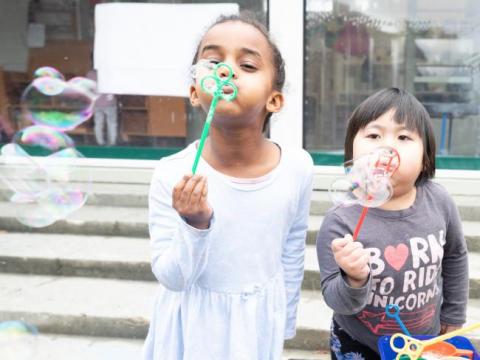Responding to Covid-19: Supporting Auckland NCEA students - Summary
Published: 25 Aug 2021
This short summary accompanies the full report Responding to the Covid-19 crisis: Supporting Auckland NCEA students. It outlines the key findings from ERO’s evaluation of three Te Kura programmes aimed at supporting Auckland NCEA students following the lockdowns in 2020. This summary briefly lists who these targeted programmes reached, their impact, and lessons for responding to future lockdowns.
- Audience:
- Academics
- Education
- Parents
- Schools
- Content type:
- Research
- Topics:
- Te Ihuwaka | Education Evaluation Centre
- Whānau
- COVID-19
- English-medium
- Learning
- Māori
- Māori ākonga / learners
- Māori and Pacific learners
- National Certificate of Educational Achievement (NCEA)
- Pasifika
- Students
- Teaching
- Wellbeing










